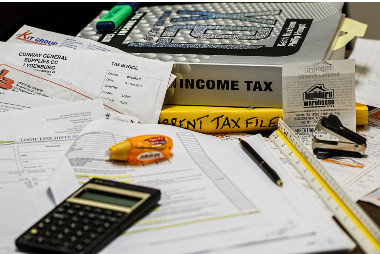 Running a small business means juggling many moving parts—but one area that shouldn’t fall through the cracks is how you manage your day-to-day transactions.
Running a small business means juggling many moving parts—but one area that shouldn’t fall through the cracks is how you manage your day-to-day transactions.
Accurate record-keeping doesn’t just help at tax time. It’s essential for cash flow, understanding your financial position, and making informed decisions. The ATO has issued a timely reminder to small business owners to review how they’re tracking transactions and ensure their processes are up to scratch.
Why Good Record-Keeping Matters
Keeping detailed and organised records helps you:
- Monitor the health of your business
- Prepare accurate financial statements and tax returns
- Reduce the risk of mistakes or missed deductions
- Meet your GST and PAYG obligations
- Respond quickly if the ATO requests information
What You Should Be Recording
Your business should keep track of all income and expenses. This includes:
- Sales (cash, EFTPOS, online)
- Purchases and expenses (inventory, operating costs)
- Employee wages and super contributions
- Bank transactions
- GST and other tax-related entries
It’s also important to keep supporting documents, such as:
- Tax invoices and receipts
- Bank statements
- Payroll records
- Contracts
- Asset purchase documents
Tools to Make It Easier
Using accounting software can streamline your record-keeping and help automate reporting. Many tools now integrate with the ATO’s systems and can simplify everything from invoicing to payroll.
Even if you use a bookkeeper or accountant, having systems in place for day-to-day tracking will make their job easier—and ultimately save you time and money.
How Long Should You Keep Records?
Most business records need to be kept for at least five years, and they must be in English (or easily converted to English). Make sure you have a secure and accessible way to store them—cloud-based systems are ideal for this.
Final Tip: Review Your Process
If it’s been a while since you looked at how you manage your business records, now is a good time to do a health check. Make sure your systems are efficient, your data is secure, and your processes are ATO-compliant.
Better business records don’t just help you stay compliant—they give you clarity and control over your business.
For further assistance book an initial complimentary consultation with one of our accountants.
Source: ato.gov.au





